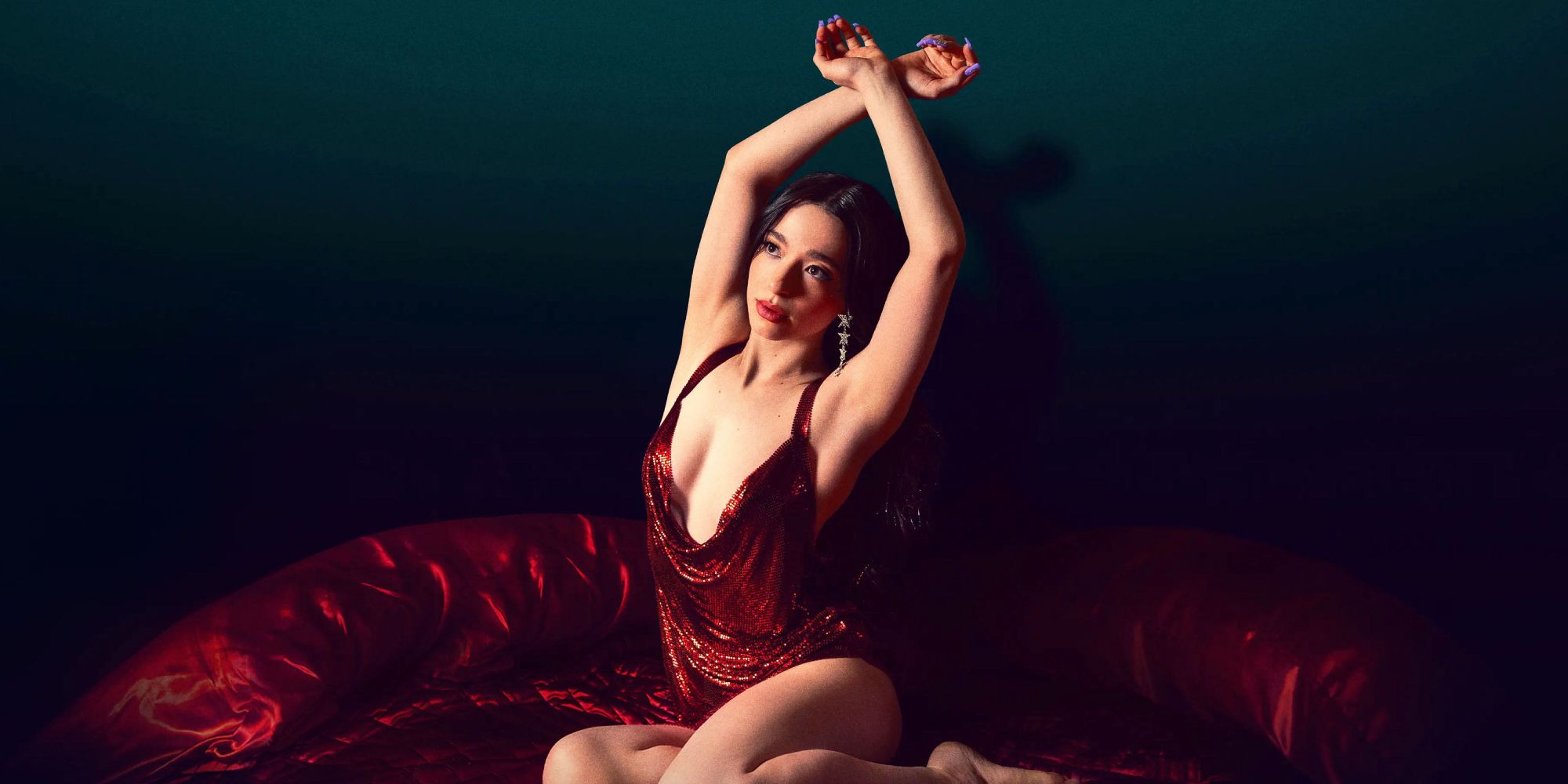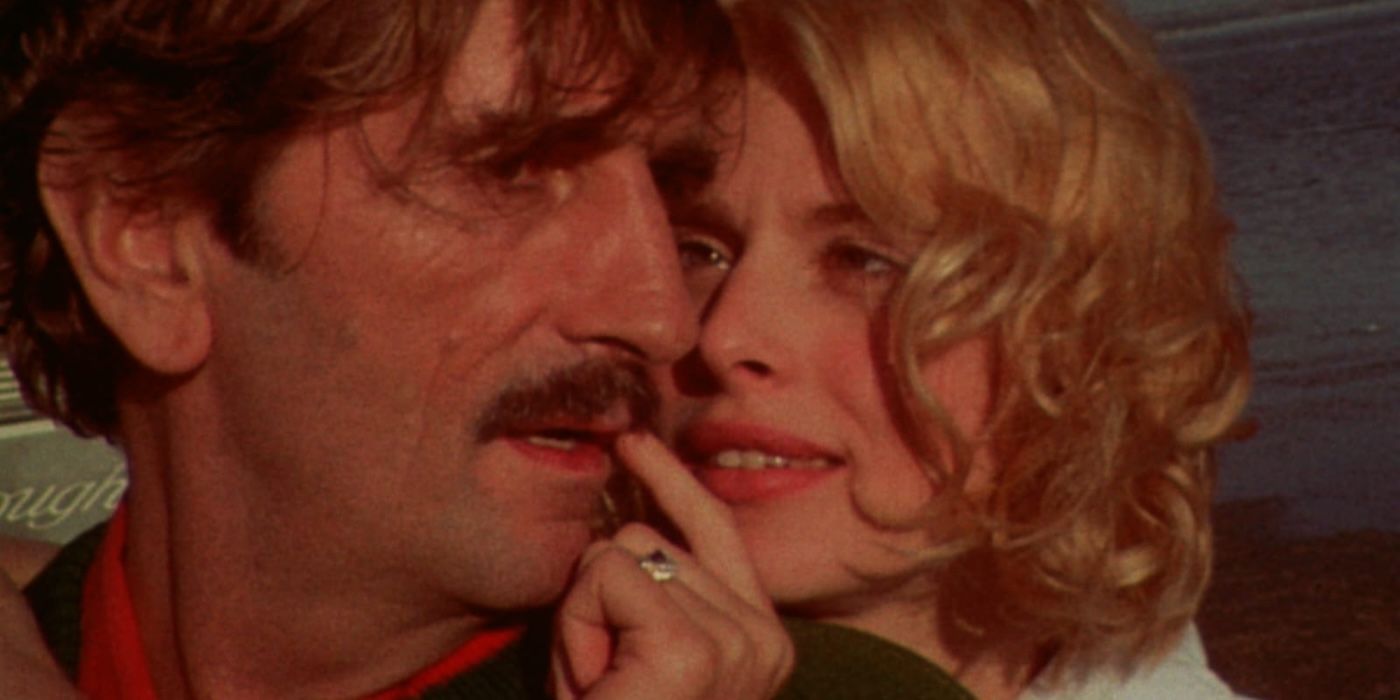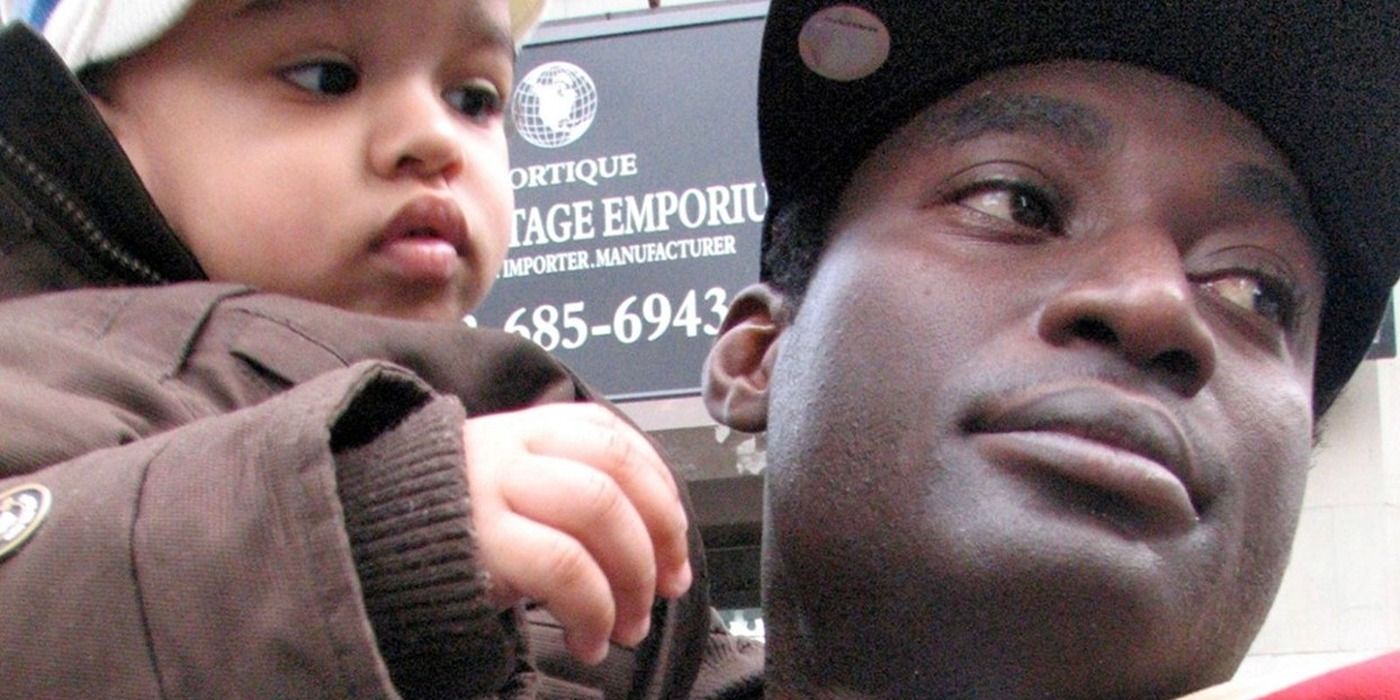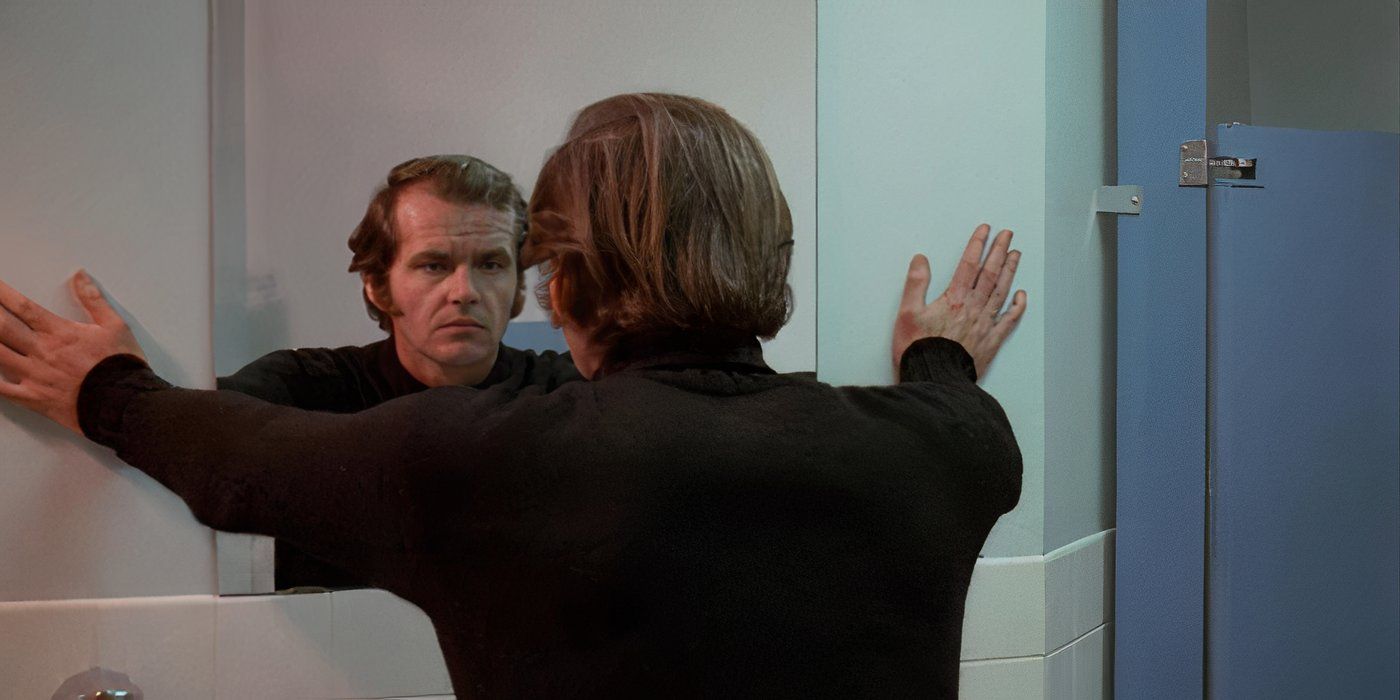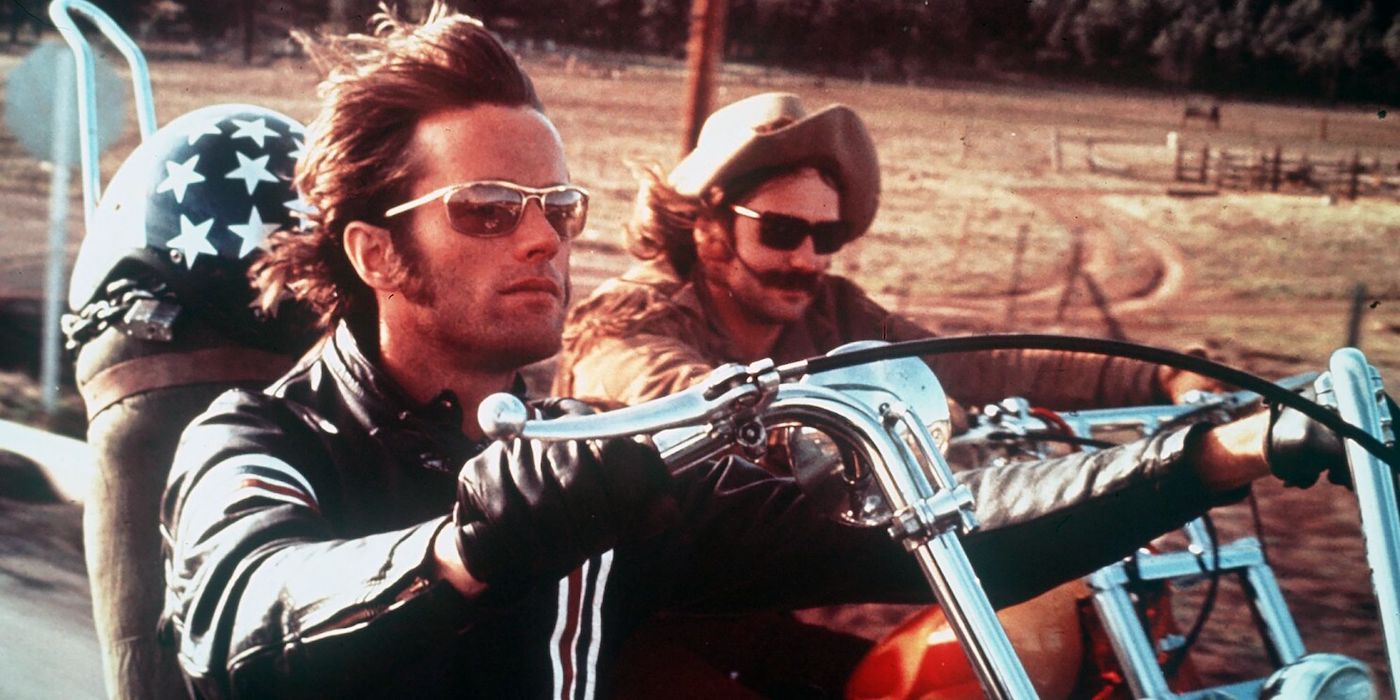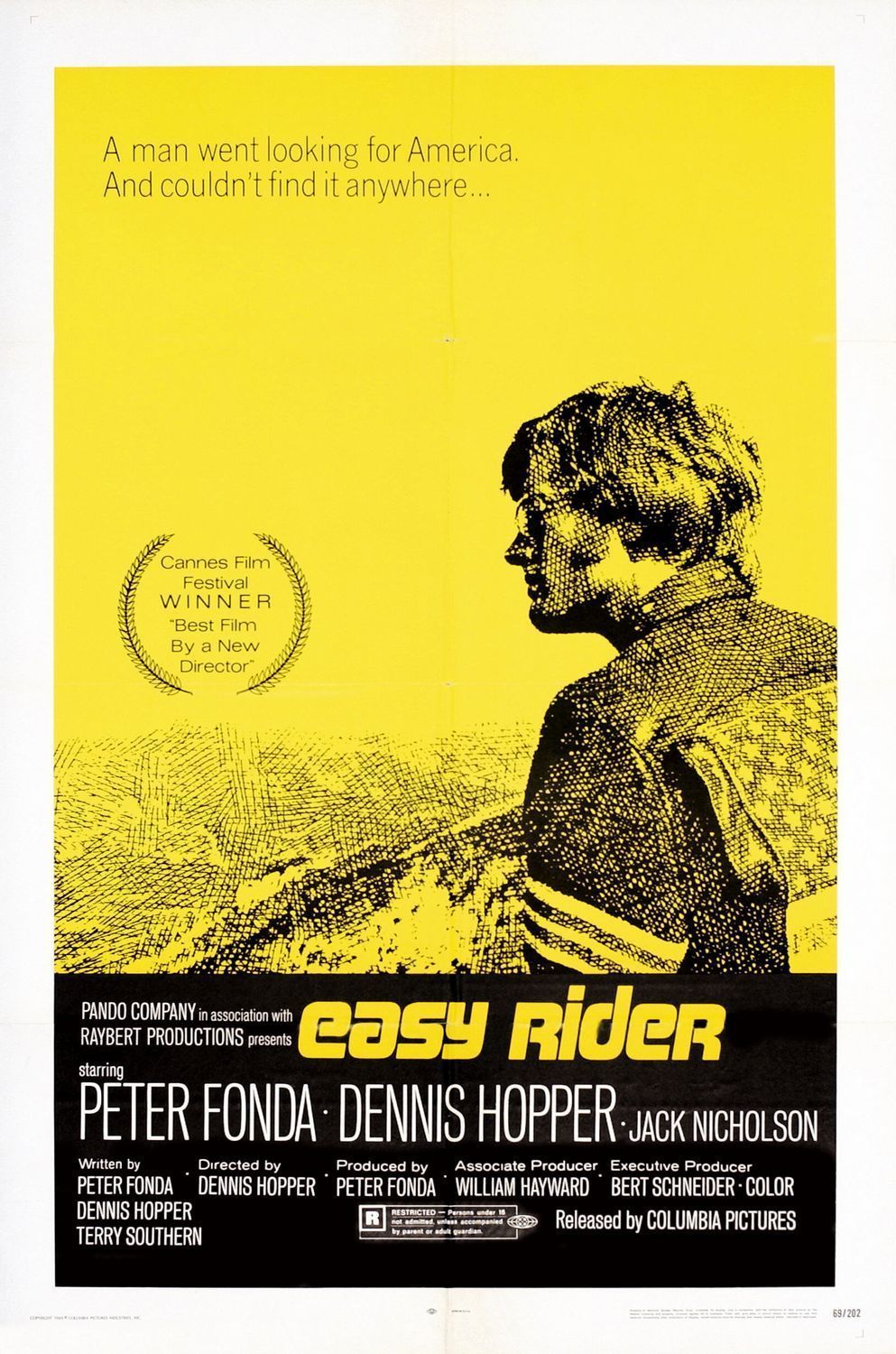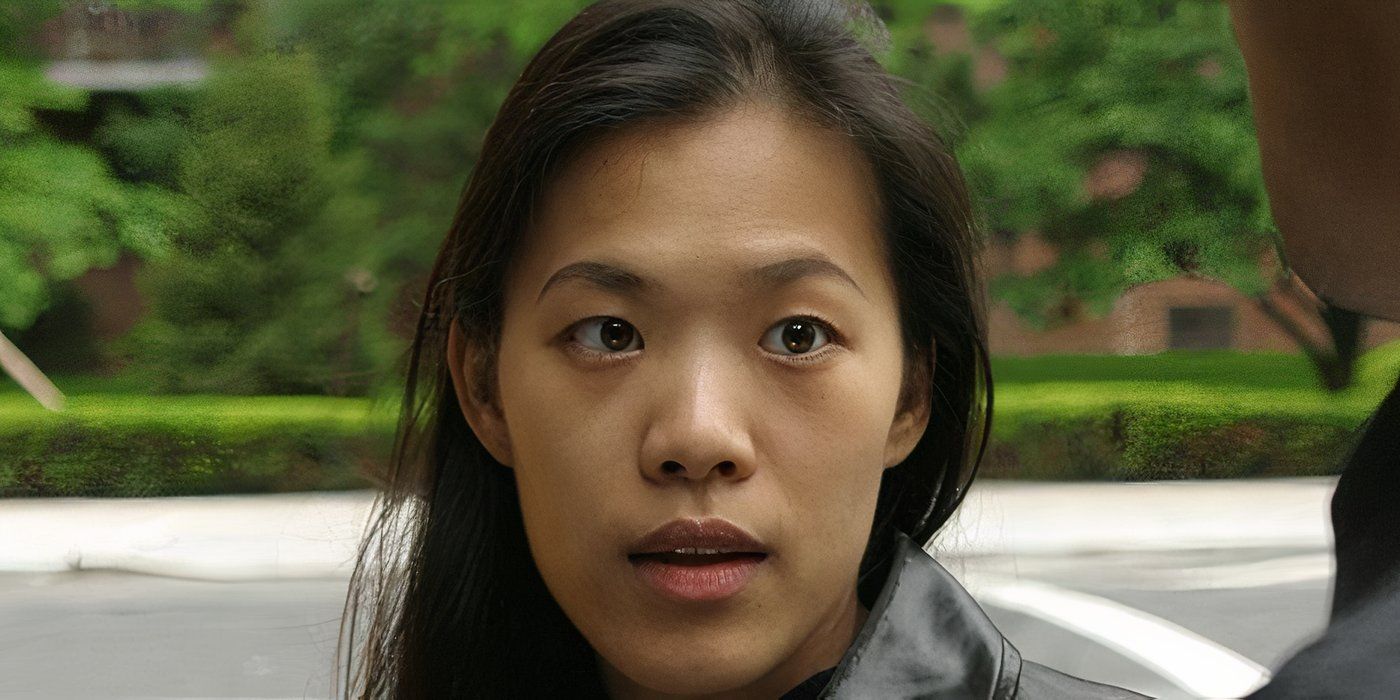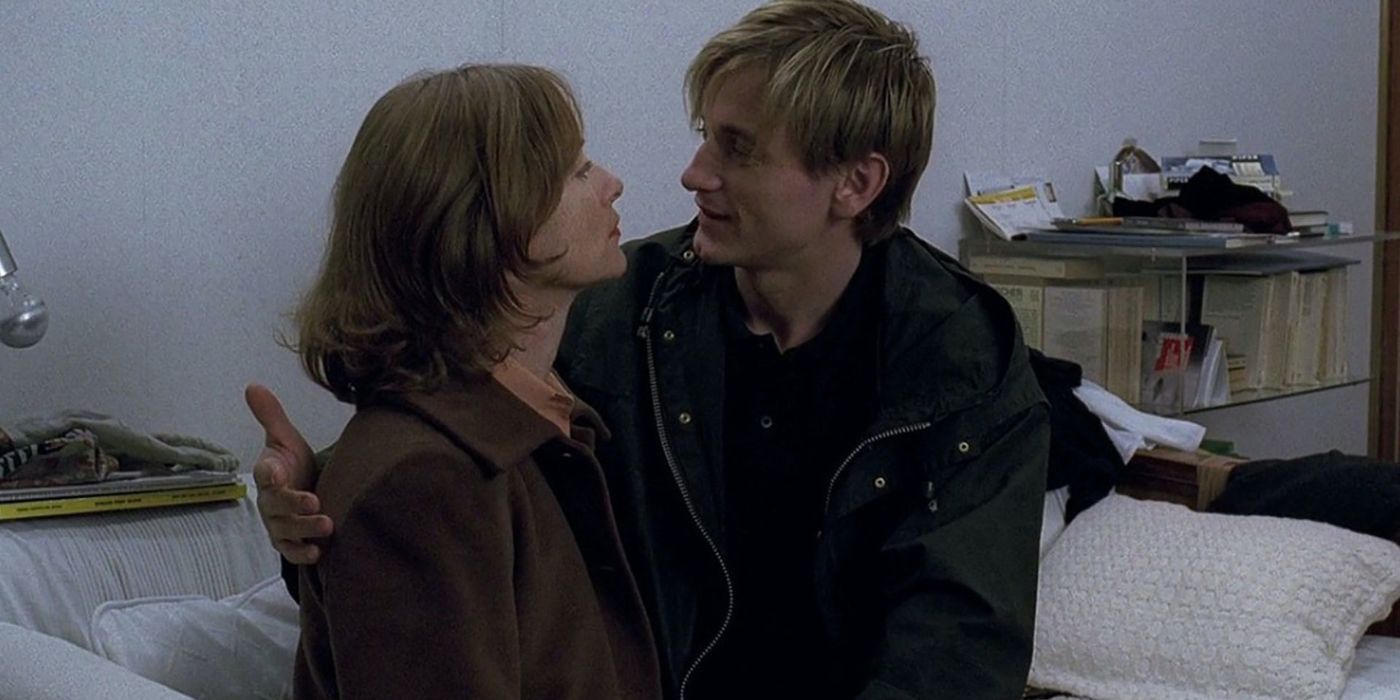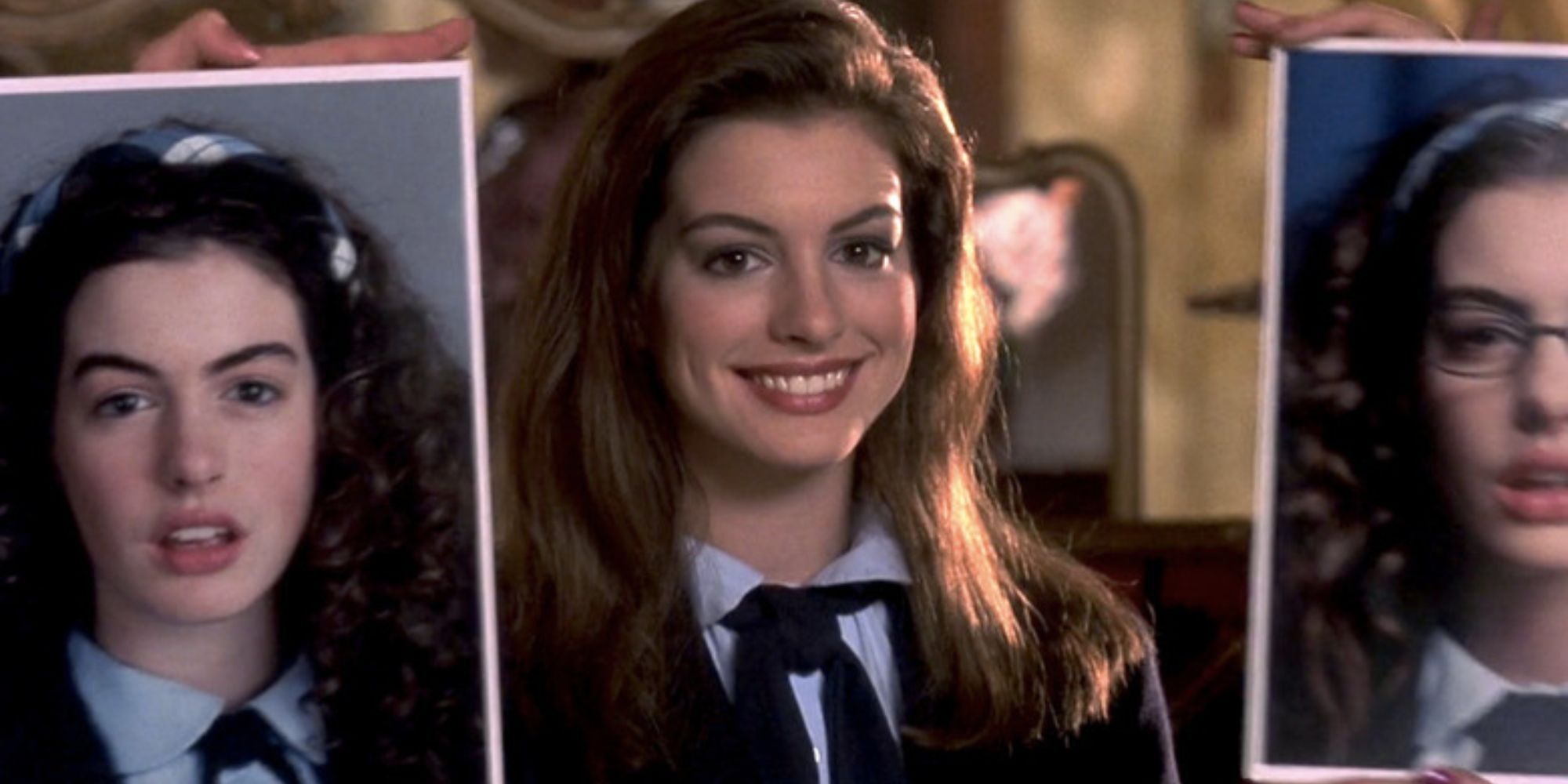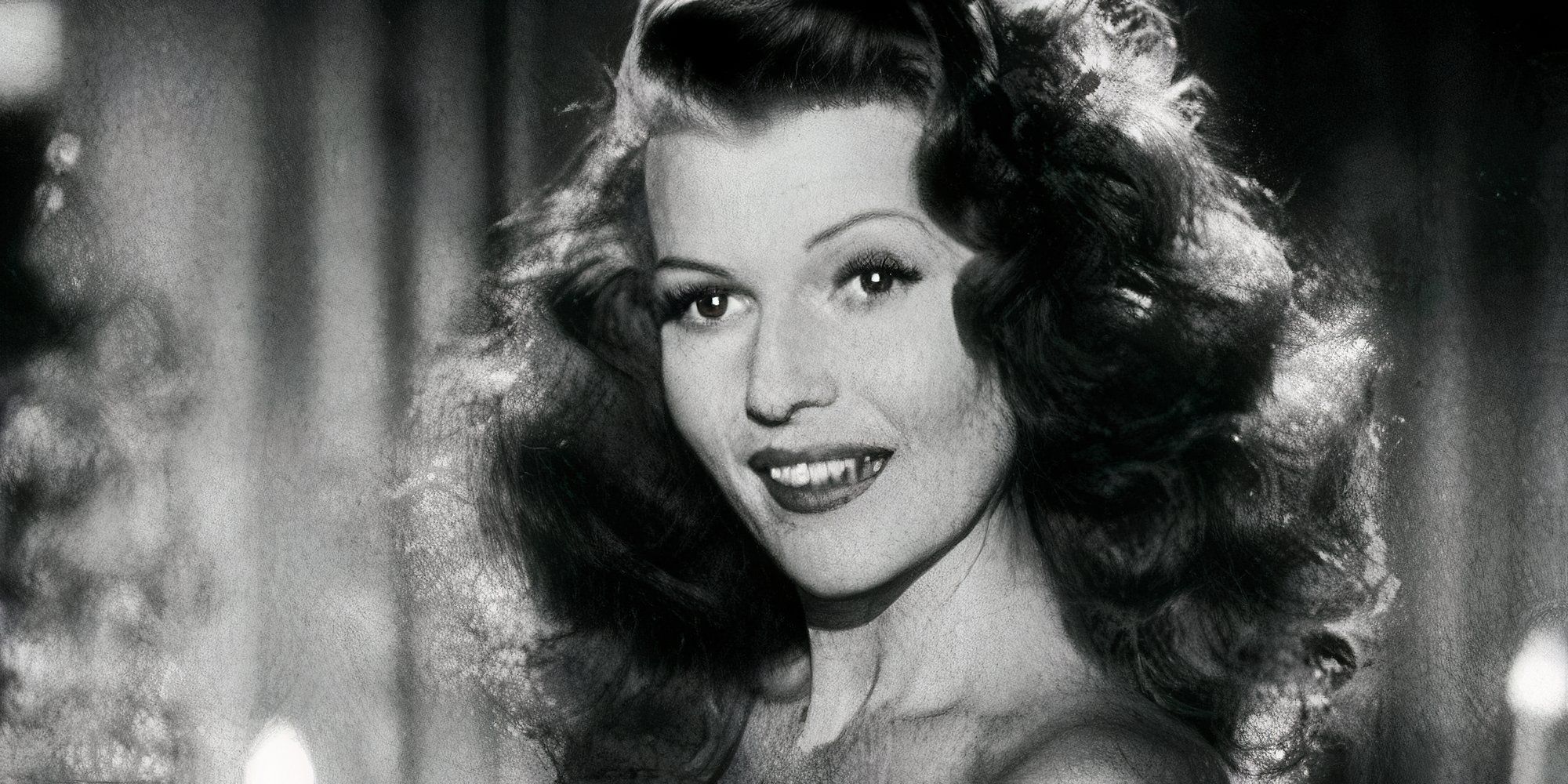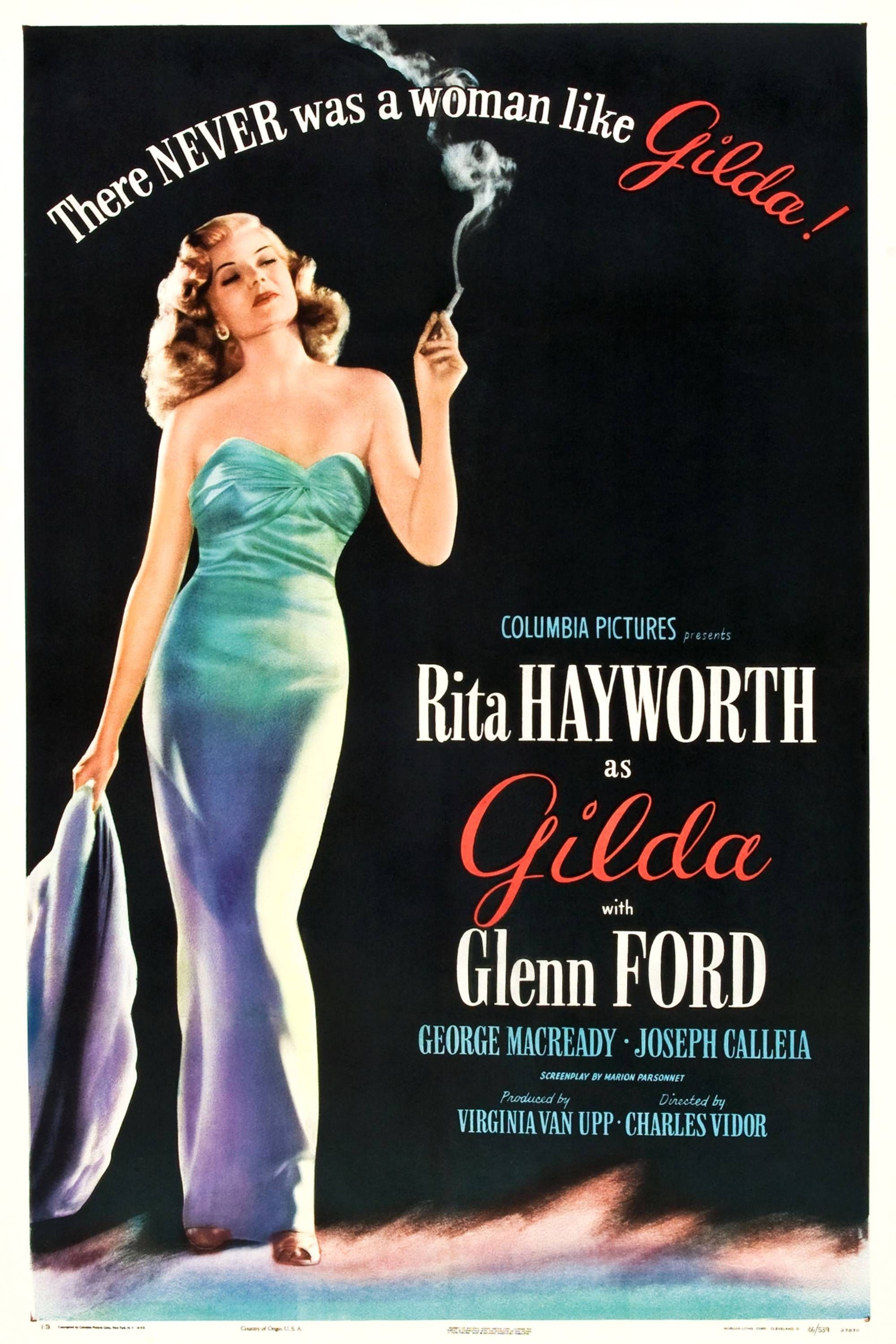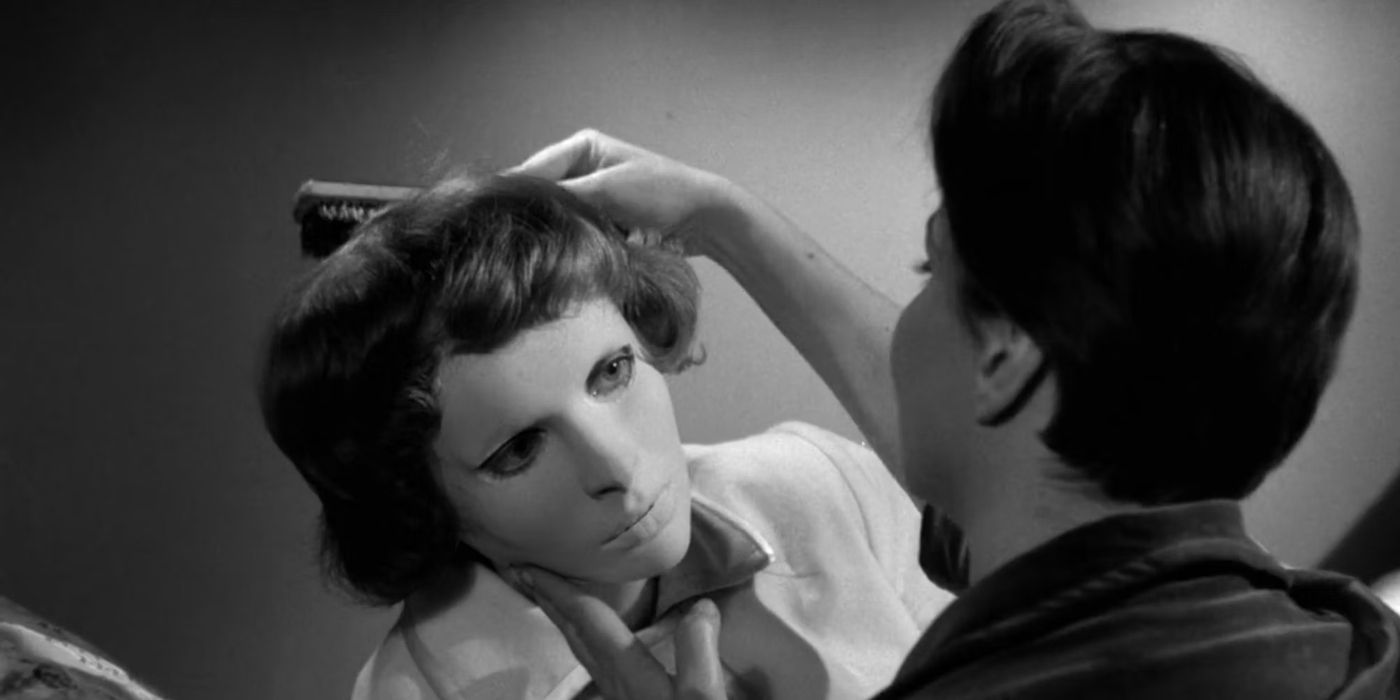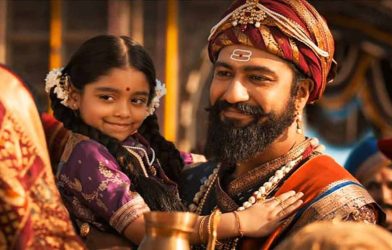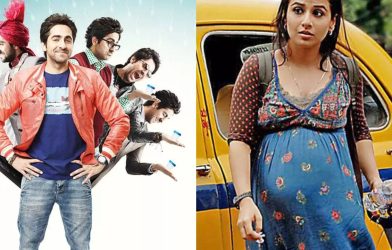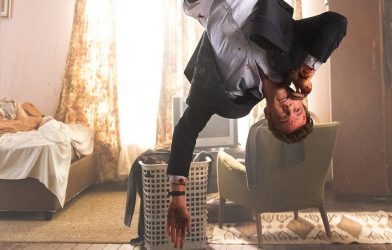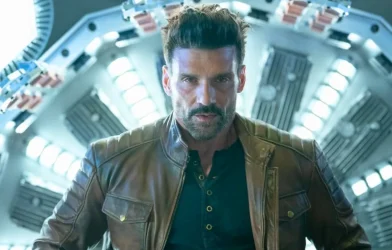Mikey Madison is one of the rising stars of the moment. After a winning performance on Pamela Adlon‘s TV show Better Things, Madison gained wider attention with her appearance as a member of the Manson family in Once Upon a Time in Hollywood. From here, she appeared in a variety of projects, including Scream, before earning critical acclaim for her work in Sean Baker‘s Anora, which now has her competing for the Best Actress Oscar.
This major breakthrough means that Madison is one to watch over the next few years. In the meantime, fans can dive into the many movies that the actress has praised and recommended in interviews and during her recent trip to the Criterion Closet. Like most film lovers, Madison has some intriguing favorites, ranging from millennial gems like The Princess Diaries to horror cult classics like Eyes Without a Face. Some of her choices may come as a surprise, but all are certainly worth watching.
10
‘Paris, Texas’ (1984)
Directed by Wim Wenders
“I walked out of the sunlight. I thought it would be easier for you without me.” This Palme d’Or winner focuses on Travis (Harry Dean Stanton), a drifter who reemerges from the desert after years of disappearance, seeking to reconnect with his estranged son and estranged wife, Jane (Nastassja Kinski). Contemplative, slow-paced, and boasting striking visuals, Paris, Texas adds up to a poignant character study and a vivid snapshot of the American Southwest.
The movie is nuanced and authentic but with a freewheeling spirit and willingness to experiment. It’s a truly unique riff on Western ideas, filtered through director Wim Wenders‘s (Wings of Desire, The American Friend) quirky perspective. Not for nothing, Paris, Texas is now a cult film and has inspired everyone from Wes Anderson and Sam Mendes to David Robert Mitchell. Madison named this as one of her four all-time favorite movies during an interview with Letterboxd.
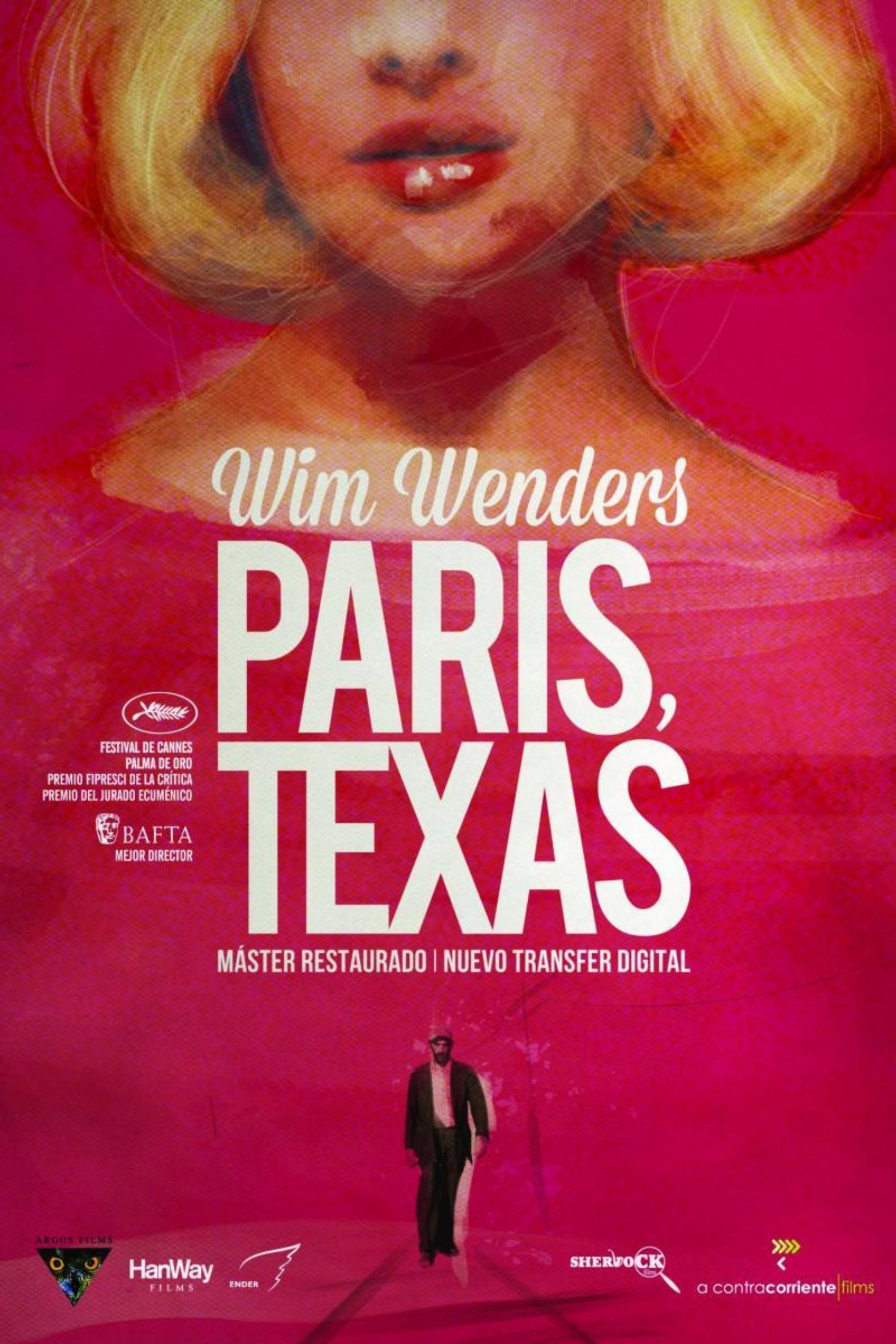
Paris, Texas
- Release Date
-
August 23, 1984
- Runtime
-
145 Minutes
9
‘Loulou’ (1980)
Directed by Maurice Pialat
“I’d rather sleep in the streets than live without passion.” Loulou is another movie that Madison named as a favorite while speaking to Letterboxd. It stars Isabelle Huppert as Nelly, a middle-class woman who leaves her controlling husband for the charismatic but aimless Loulou (Gérard Depardieu). They have a tumultuous relationship, which becomes a vehicle for the film’s exploration of desire, economic disparity, social expectations, and individual happiness.
The lead performers are magnetic, and they radiate an infectious chemistry. Their passion, playfulness, and endearing awkwardness are utterly believable and key to the film’s charm. Huppert and Depardieu’s dynamic produces many memorable moments, like the ill-fated love scene where their bed collapses or the far-from-subtle but still effective shot where cream drips down Hubbert’s chin. While dated, Loulou remains an engaging, unvarnished portrait of a romance, balancing levity with gut-wrenching drama. The plot veers into bleak directions, but the connection between Nelly and Loulou is resilient, offering a chance that they might make it through.
8
‘Prince of Broadway’ (2008)
Directed by Sean Baker
“This city doesn’t care about you unless you fight for yourself.” Madison also mentioned Prince of Broadway during her chat with Letterboxd, saying it was her favorite film by Anora director Sean Baker. Like most of his work, this is a slice-of-life drama, looking at the struggles of undocumented immigrants trying to make a living in New York City. The story revolves around Lucky (Prince Adu), a street hustler from Ghana who sells counterfeit goods in Manhattan. His life takes an unexpected turn when a former lover leaves him with a toddler, claiming he is the child’s father.
While rough around the edges, this raw, unfiltered movie should appeal to fans of Baker’s other work. It also provides a neat glimpse into his developing artistic sensibility. Here, his neo-realist and cinema vérité approach is a perfect complement to the subject matter. Baker tells the story with refreshing restraint, letting the characters’ choices drive the narrative organically.
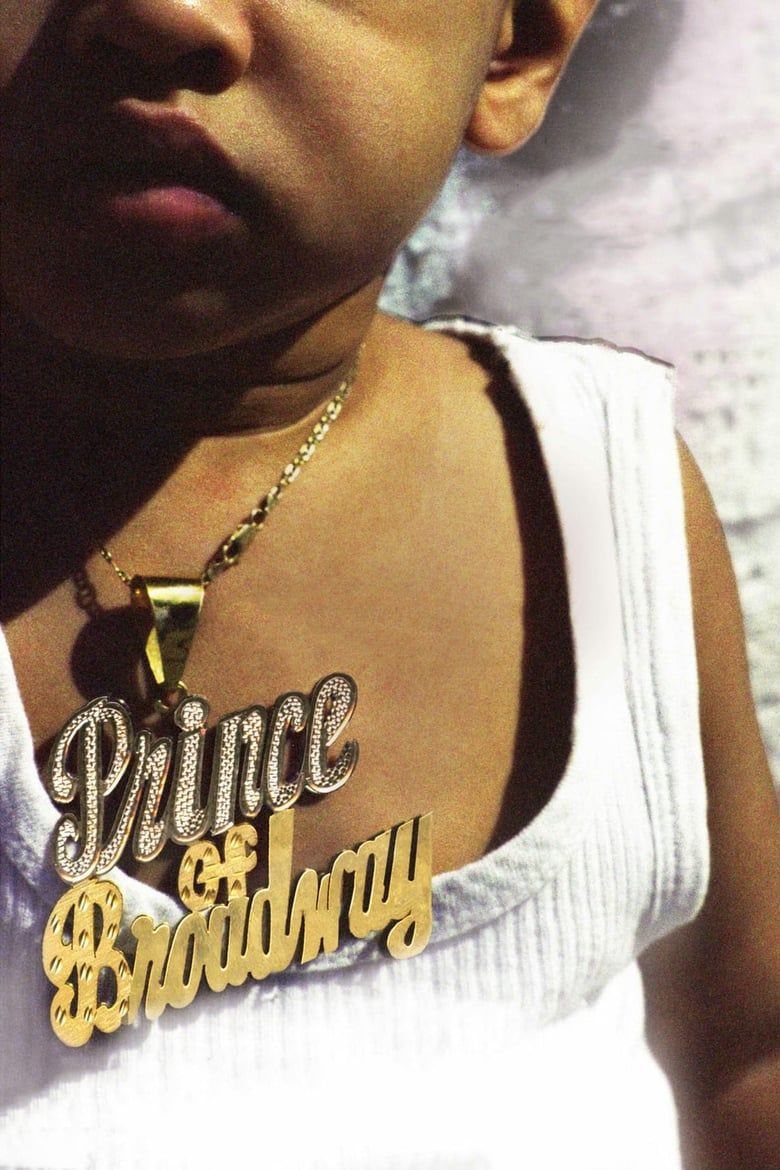
Prince of Broadway
- Release Date
-
August 14, 2008
- Runtime
-
102 minutes
7
‘Five Easy Pieces’ (1970)
Directed by Bob Rafelson
“I move around a lot because things tend to get bad when I stay.” Jack Nicholson leads this New Hollywood gem as Bobby Dupea, a once-promising classical pianist turned oil rigger who lives a transient life devoid of purpose. When he learns that his estranged father is gravely ill, Bobby returns home to confront his past. It’s one of Nicholson’s most raw and affecting performances, method acting at its most impressive.
Bobby’s story unfolds against a desolate backdrop of cheap motels, barren gas stations, and forgotten towns, all of which are rendered larger-than-life and oddly beautiful by cinematographer László Kovács. “Such a classic, and I really think it’s my favorite Nicholson performance,” Madison said of the film. “There’s just something about how he approaches this character. Such a morally gray character, yet you’re rooting for him. And I feel like those are often characters that I am drawn to as an actor.”
6
‘Easy Rider’ (1969)
Directed by Dennis Hopper
“We blew it.” This counterculture classic follows Wyatt (Peter Fonda) and Billy (Dennis Hopper, who also directs), two bikers who embark on a cross-country journey after a lucrative drug deal. As they ride through the American South, they encounter a variety of characters, from hippie communes to hostile locals, traversing a divided America in microcosm.
The result is a distinctly ’60s road movie that celebrates and critiques that tumultuous period. While not everyone will appreciate its loose, plotless structure, others will be won over by Easy Rider‘s abundance of mood, symbolism, and social commentary. Plus, there’s the epic rock ‘n roll soundtrack and Jack Nicholson’s memorable supporting performance. “I actually have an art book of all the photos that Dennis Hopper took while making this film and it is so beautiful,” Madison said. “I have it on my coffee table, and it inspires me to want to try to take more photos while I’m making movies to capture something special.”
5
‘Take Out’ (2004)
Directed by Sean Baker and Shih-Ching Tsou
“You get one chance, and if you miss it, it’s gone.” Co-directed by Sean Baker and Shih-Ching Tsou, Take Out has strong parallels with Prince of Broadway in that it tells the story of Ming Gin (Charles Jang), a Chinese immigrant working as a delivery man in New York. On a single day, Ming must come up with an overdue payment to a loan shark or face severe consequences. As he rushes to deliver food across the city, the movie delves into a darker side of the American Dream.
Take Out has some flaws, reflecting its creators’ relative inexperience, but it still’s jam-packed with food for thought and stirring moments.
Take Out is a unique hybrid of influences, taking inspiration from Italian neorealism, Taiwanese cinema, and Lars von Trier’s Dogme film The Idiots. Again, it has some flaws, reflecting its creators’ relative inexperience, but it still’s jam-packed with food for thought and stirring moments. “It’s fun to see one of [Baker’s] first interpretations of New York City,” Madison said of it.
4
‘The Piano Teacher’ (2001)
Directed by Michael Haneke
“The music comes from deep inside; it can’t just be learned.” Isabelle Huppert delivers a tour-de-force performance here as Erika Kohut, a brilliant but emotionally stunted piano instructor who lives with her domineering mother. When one of her students, Walter (Benoît Magimel), develops romantic feelings for her, Erika’s complex and self-destructive tendencies come to the surface, leading to a disturbing power dynamic.
The Piano Teacher is one of many grim masterpieces by Michael Haneke, the mind behind Benny’s Video and The White Ribbon. The storytelling is assured, giving the talented leads the room to flesh out their roles, making for some of the most layered characters in 21st-century cinema. Magimel is fantastic, but it’s Huppert who shines the brightest. “One of the most incredible performances by an actress in the history of cinema,” Madison said. “She is so intense and vulnerable, and this scene where she stabs herself in the shoulder with the piece of glass. There’s a sound that comes out of her throat. It’s so guttural.”
3
‘The Princess Diaries’ (2001)
Directed by Garry Marshall
“Nobody can make you feel inferior without your consent.” On the other end of the cinematic spectrum is the light, frothy Princess Diaries, which Madison also named a favorite while talking to Letterboxd. It features a breakout Anne Hathaway as Mia Thermopolis, an awkward but likable teenager who discovers she is the heir to the throne of Genovia, a small European country. Everything changes when Mia’s estranged grandmother, Queen Clarisse Renaldi (Julie Andrews), arrives to prepare her for royal duties.
The Princess Diaries is very much a fairytale but an undeniably charming one. It’s silly but also overflowing with heart. Hathaway and Andrews (who came out of semi-retirement for the role) deserve most of the credit, making the film breezy and watchable throughout. This recipe went down well with audiences, with The Princess Diaries raking in a cool $165 million and catapulting Hathaway to stardom. Fans of the franchise are in luck, as Hathaway has indicated that a third installment is currently in the works.
2
‘Gilda’ (1946)
Directed by Charles Vidor
“I hate you so much that I would destroy myself to take you down with me.” This classic noir features a smoldering Rita Hayworth at her most iconic. Plot-wise, Gilda centers on Johnny Farrell (Glenn Ford), a small-time gambler who becomes the right-hand man of a powerful casino owner, Ballin Mundson (George Macready). Tensions rise when Ballin introduces Johnny to his new wife, Gilda (Hayworth), sparking a volatile triangle of love, jealousy, and betrayal.
Stylish cinematography, gorgeous costumes, and sharp, cynical dialogue are the order of the day. Then there’s the legendary scene where Hayworth sings “Put the Blame on Mame,” singlehandedly assuring her place in the pantheon of 1940s movie stars. It all adds up to a heady mix of glamor, danger, and political allegory, boasting an immersive atmosphere and an acerbic dose of satire. “Rita Hayworth, obviously one of the most iconic, sexy, talented actresses of that time,” Madison said of the star.
1
‘Eyes Without a Face’ (1960)
Directed by Georges Franju
“Look at me. Look at my face. Look at me!” This haunting French horror blends a gothic atmosphere with existential dread in the best way. It’s about Dr. Génessier (Pierre Brasseur), a brilliant but morally twisted surgeon who kidnaps young women in a desperate attempt to restore his daughter Christian’s (Edith Scob) disfigured face. His experiments, however, lead to horrific consequences as Christiane grapples with her fractured identity and the cost of her father’s obsession.
The premise is pulpy, but the execution is artistic, with poetic cinematography and an eerie, minimalist score. As a result, Eyes Without a Face is both thoughtful and visceral and remains creepy all these decades later. This approach resonated deeply, with the film’s DNA living on in the likes of Faceless, The Skin I Live In, and even John Carpenter‘s Halloween. “I think it has one of the most beautiful, artistic movie posters of all time,” Madison said of the movie. “Amazing. I need to one day do a Halloween costume that is dedicated to this.”

